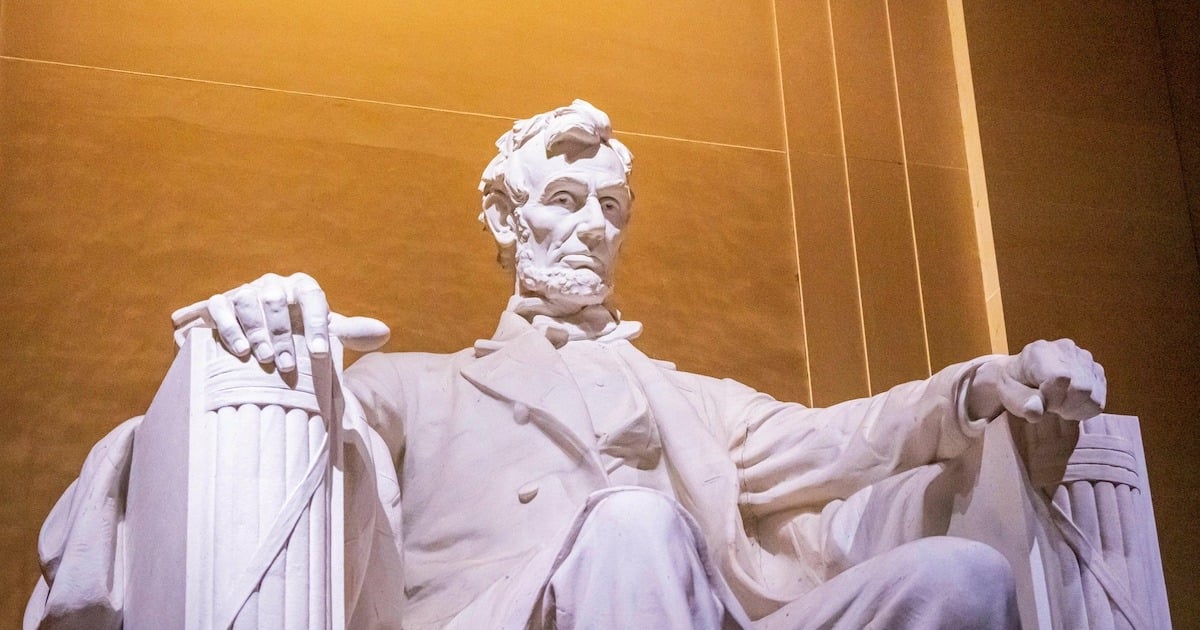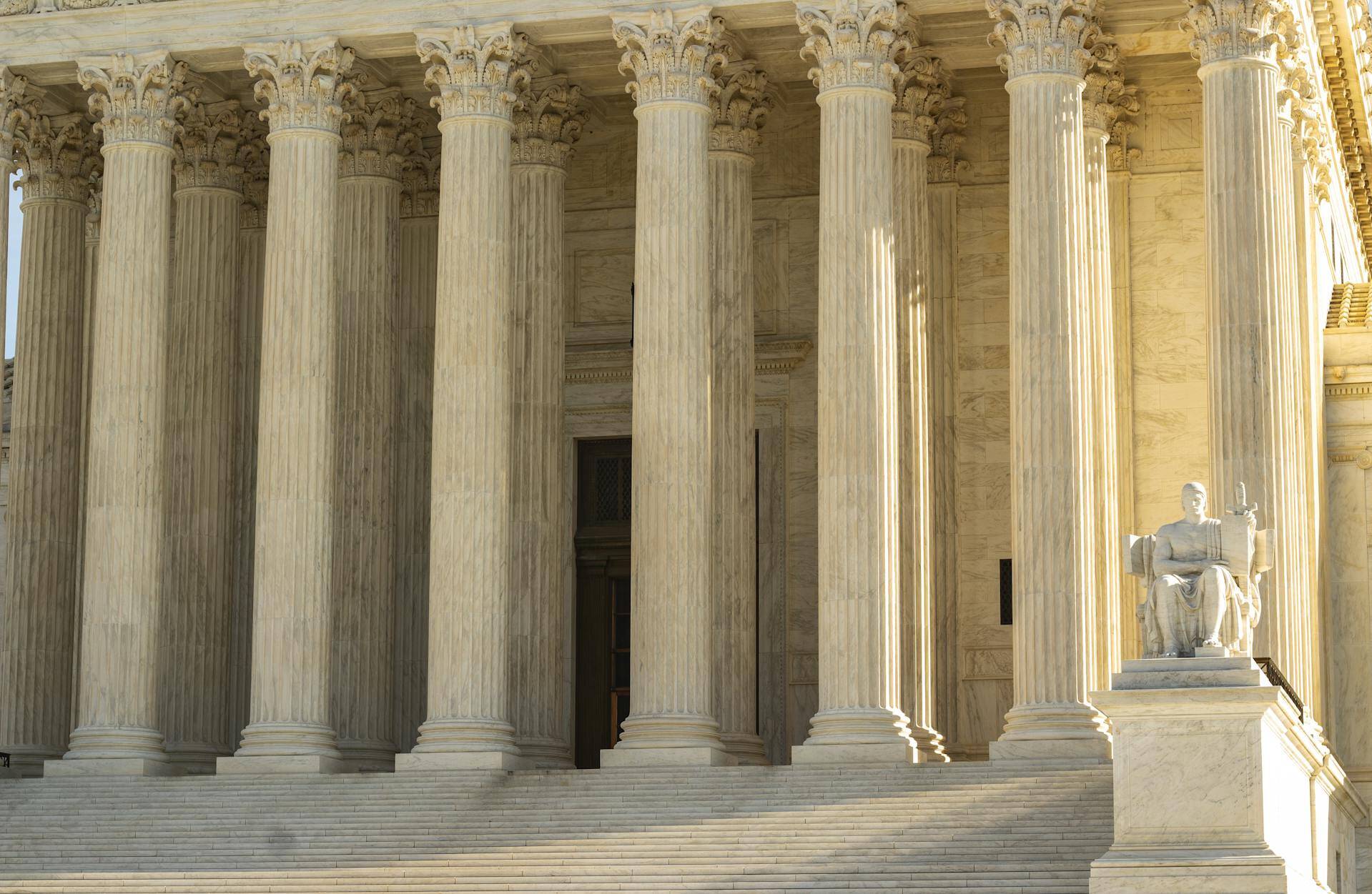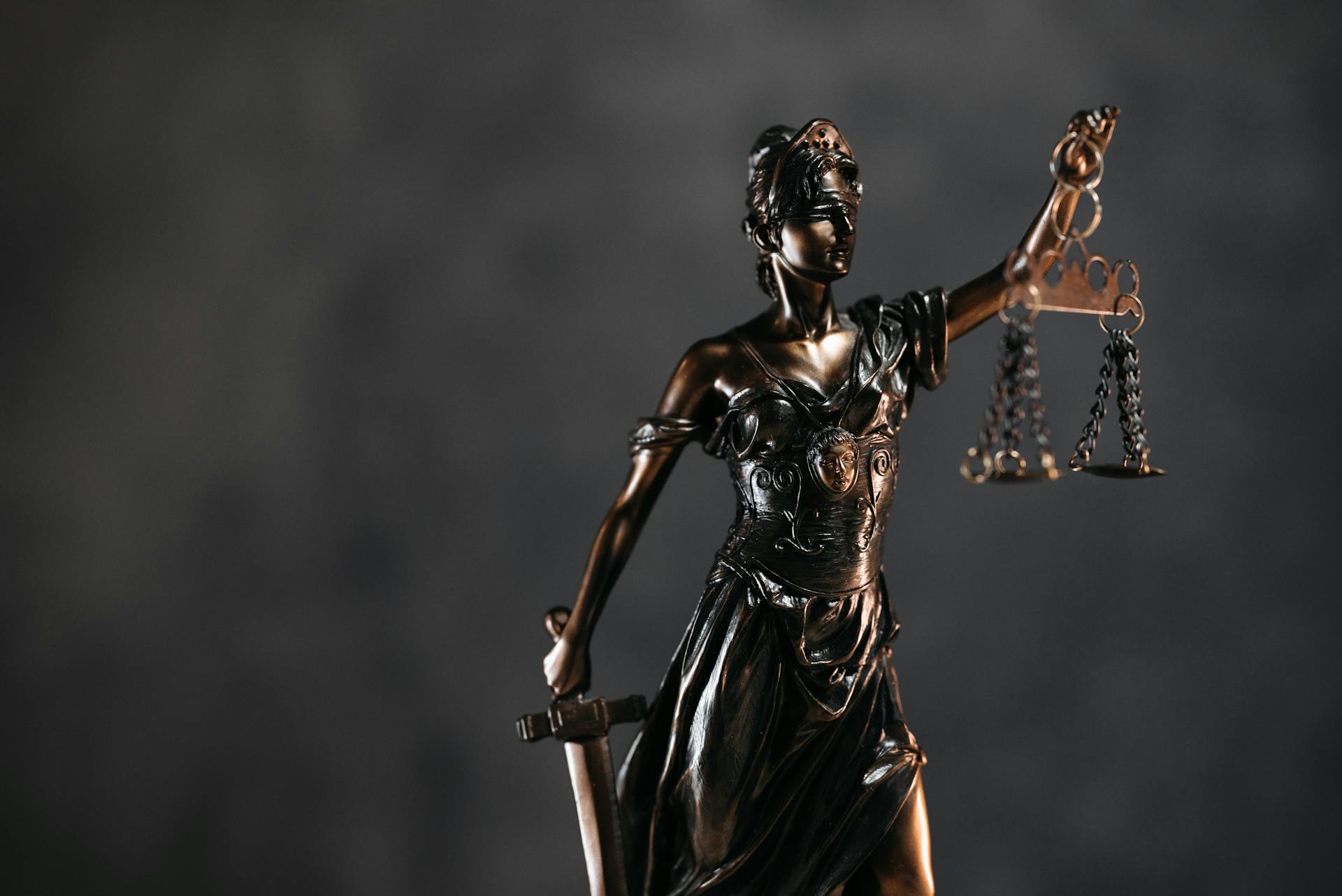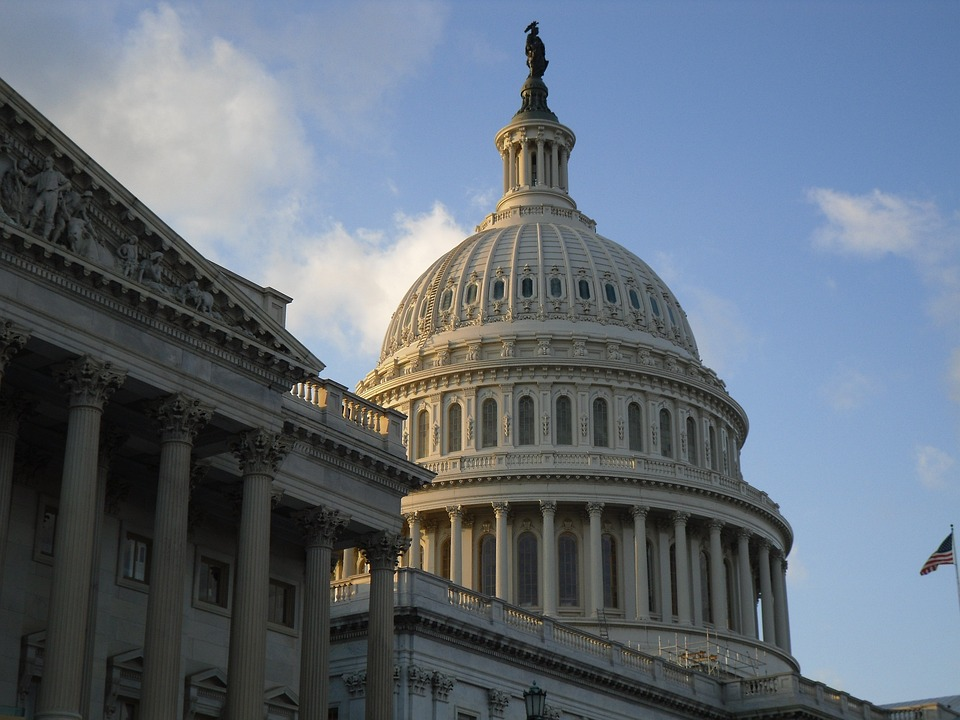
We have now completed a presidential election campaign. While there was considerable public discussion about the qualifications of the candidates and the political process, the role of the President was largely ignored. This short piece describes the power allocated to the President by the Constitution of the United States.
The first three articles of the United States Constitution establish the powers of the three branches of the general (or federal) government. The first line of Article II, Section 1 declares that “[t]he executive Power shall be vested in a President of the United States.” The extent of that power begins with three specific clauses of Article II, Section 2, continues with power described in Article II, Section 3, and concludes with powers implied by Article II, Section 7.
Article II, Section 2, Clause 1 grants three specific powers to the President of the United States, providing that:
(1) “he shall be Commander in Chief of the Army and Navy of the United States of America, and of the Militia of the several States, when called into the actual Service of the United States,”
(2) he “may require the Opinion, in writing, of the principal Officer in each of the executive Departments, upon any Subject, relating to the Duties of their respective Offices,” and
(3) he “shall have Power to grant Reprieves and Pardons for Offenses against the United States, except in Cases of Impeachment.”[1]
Clause 2 of this Section adds two more powers:
(4) “he shall have Power, by and with the Advice and Consent of the Senate, to make Treaties, provided two thirds of the Senators present concur,” and
(5) “he shall nominate, and by and with the consent of the Senate, shall appoint Ambassadors, other public Ministers and Consuls, Judges of the supreme Court, and all other Officers of the United States, whose Appointments are not otherwise herein provided for, and which shall be established by Law.”[2]
Clause 3 of this Section adds a sixth power:
(6) “The President shall have the Power to fill up all Vacancies that may happen during the Recess of the Senate, by granting Commissions which shall expire at the End of their next Session.”
Section 3 of Article II adds another seven powers to the previous six:
(7) he “shall from time to time give to the Congress Information of the State of the Union,”
(8) he shall “recommend to their [Congress’s] Consideration such Measures as he shall judge necessary and expedient,”
(9) he “may, on extraordinary Occasions, convene both Houses, or either of them,”
(10) “in Case of Disagreement between them, with Respect to the Time of Adjournment, he may adjourn them to such Time as he shall think proper,”
(11) he “shall receive Ambassadors and other public Ministers,”
(12) he “shall take care that the Laws be faithfully executed,” and
(13) “shall Commission all the Officers of the United States.”
In addition to these described powers, a fourteenth power is implied elsewhere in the Constitution. The President is empowered to place a negative on legislation passed by Congress–a veto power. This implied power is described in Article I, Section 7, Clause 2, a lengthy constitutional passage which governs how a bill becomes law:
(14) “[e]very Bill which shall have passed the House of Representatives and the Senate, shall, before it become a Law, be presented to the President of the United States; if he approve he shall sign it, but if not he shall return it, with his Objections to that House in which it shall have originated, who shall enter the Objections at large on their Journal, and proceed to reconsider it. If after such Reconsideration two thirds of that House shall agree to pass the Bill, it shall be sent, together with the Objections, to the other House, by which it shall likewise be considered, and if approved by two thirds of that House, it shall become a Law. But in all such Cases the Votes of both Houses shall be determined by yeas and Nays, and the Names of the Persons voting for and against the Bill shall be entered on the Journal of each House respectively. If any Bill shall not be returned by the President within ten Days (Sundays excepted), after it shall have been presented to him, the same shall be a Law, in like manner as if he had signed it, unless the Congress by their Adjournment prevent its Return, in which Case it shall not be a Law.”
A related fifteenth power is implied in Article I, Section 7, Clause 3, which provides that:
(15) “Every Order, Resolution, or Vote to which the Concurrence of the Senate and House of Representatives shall be necessary (except on a question of Adjournment), shall be presented to the President of the United States; and before the Same shall take Effect, shall be approved by him, or being disapproved by him, shall be repassed by two thirds of the Senate and the House of Representatives, according to Rules and Limitations prescribed in the Case of a Bill.”
The executive power conferred on the President by the Constitution is explicit and limiting. Any assertion that the executive power of the United States extends beyond those identified in Article II or implied by Article I, Section 7 is unfounded. And the President’s executive powers are part of the powers delegated to the general government under the Constitution. Other assumed or suggested executive powers are subject to the provision of the tenth amendment: “The powers not delegated to the United States by the Constitution, nor prohibited by it to the States, are reserved to the States, respectively, or to the people.[3]
In Numbers 67-77, The Federalist explores the powers of the President, largely through comparison to the powers of the King of England and those of the Governor of New York. The Founders’ Constitution, Volumes 1, 3, and 4, contains relevant discussion and documents regarding Article II, as do both Parts One and Two of the Debate on the Constitution.[4]
About the Author: Don LeDuc is the retired president and dean of Cooley Law School. His book, Michigan Administrative Law, is revised and published annually by the West Group. He is a member of Scribes, the American Society of Writers on Legal Subjects, and received the Golden Pen Award from the Legal Writing Institute. This article is part of a multi-part series discussing the meaning of the U.S. Constitution's words.
[1] The authors of The Founders’ Constitution divided their documents according to the three powers delegated in this clause, See Founders’ Constitution, Volume Four, Article 2, Section 2, Clause 1, Nos. 1-12, 13-16, and 17-30, pp. 1-11, 12-14, and 14-28.
[2] Item (5) is limited however, because “the Congress may by Law vest the Appointment of such inferior Officers, as they think proper, in the President alone, in the Courts of Law, or in the Heads of Departments.”
[3] Amendment X.
[4] Contact the author of this piece for further detail about these sources.


